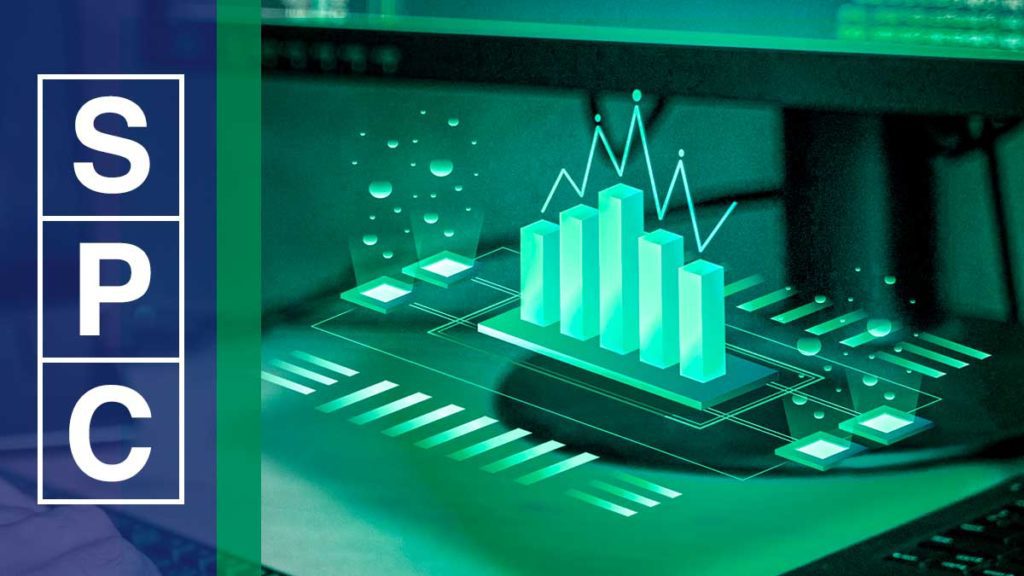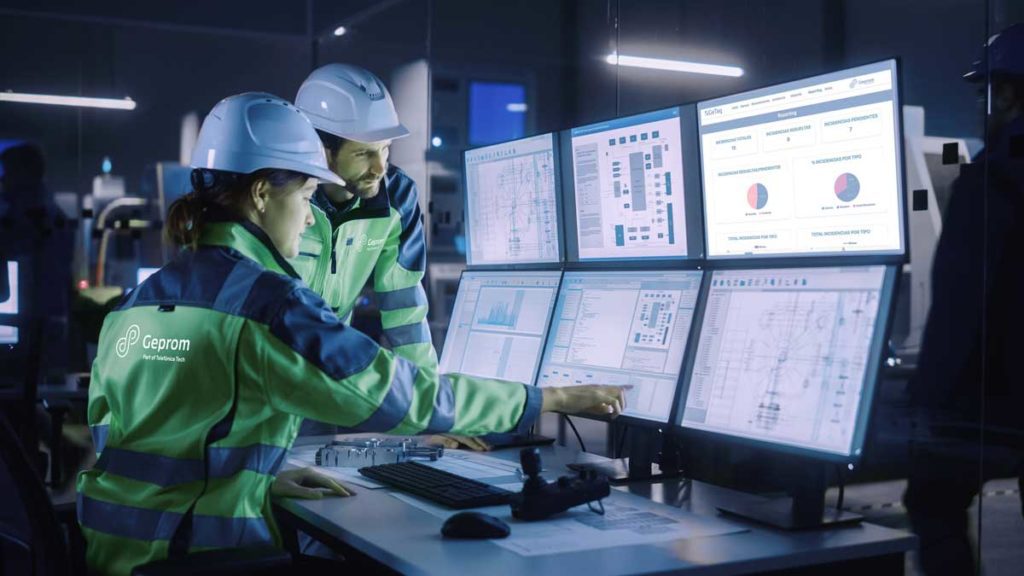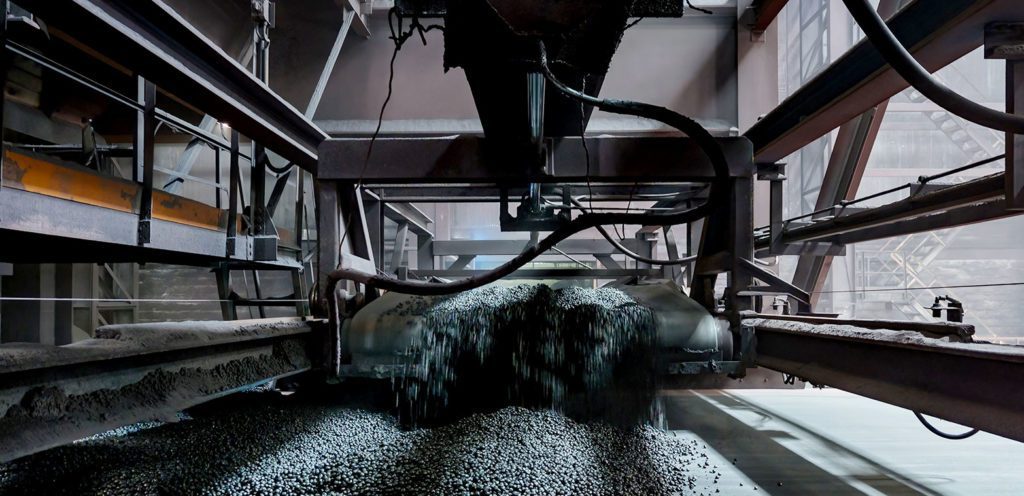With digital transformation, industrial companies are looking to improve their decision-making processes. With increasing demand, it is becoming more and more important to start on the road to Industry 4.0. Businesses need to grow and increase their productivity and ultimately become more competitive.
Having tools that make decision making easier helps businesses choose the right path without the need to resort to the old trial and error system, saving costs and being more efficient.
Industry standards indicate which typology of systems and technology layers to implement for this purpose. We find in different layers, systems that allow the optimisation of the management of the company, the factory and the industrial processes.
Each of them has its own purpose and performs distinct but fully integrable functions.
The function of ERP is to record the entire process of a company, only part of which is the production process.
It is designed to work with transactions. They are modular systems that allow the centralisation of information related to accounting, invoicing, human resources, purchasing, etc. on a single platform.
ERP allows us to have a global vision of the business and helps to improve business management. Thanks to ERP, it is easier to make decisions that directly influence the management of the business.
However, in the production process, a huge amount of information is often exchanged in real time and needs to be monitored, processed and analysed for optimal manufacturing. Although it provides us with information related to delivery times, quantity of units manufactured, costs of producing a certain reference or the availability of assets, we require another system if we want to optimally control the production plant. This is where factory systems such as SCADA and MES platforms provide a solution to these requirements.
A SCADA (Supervisory Control And Data Acquisition) is a system focused on monitoring and controlling production, communicating with PLCs in real time.
With SCADA we can acquire real time information on OEE, product quantity, average production speed, breakdowns, etc. However, SCADA platforms do not allow us to track the detailed transformation of raw materials into finished products through the complex series of operations and steps, such as manufacturing orders, production sequencing, planning, etc….
The SCADA is designed to control production in real time, the ERP is designed to manage the company’s business processes and the MES has the function of tracking and collecting information on each product (semi-product) through all stages of the production process.
It is software capable of operating with Big Data received in real time (PLC, SCADA), while exchanging information with the transactional world (ERP, SCM, CRM).
The purpose of MES is to analyse and extract important information from this large amount of data and forward it to the ERP. In addition, this software solution can convert the work orders received from ERP into a production sequence and is able to send this sequence to the plant (PLC, SCADA).
It is important to establish a proper correlation between process data and product quality and to provide and collect information in different formats from various systems.
In short, it gives us the ability to see the status of production processes in real time in order to avoid possible incidents, unexpected stoppages, improve product quality by detecting possible faults, guarantee product traceability, plan manufacturing, eliminate paper in the factory and generate continuous improvement of processes. It is the most efficient way for a factory to reliably know everything that happens during the manufacturing process of a product and/or service.








